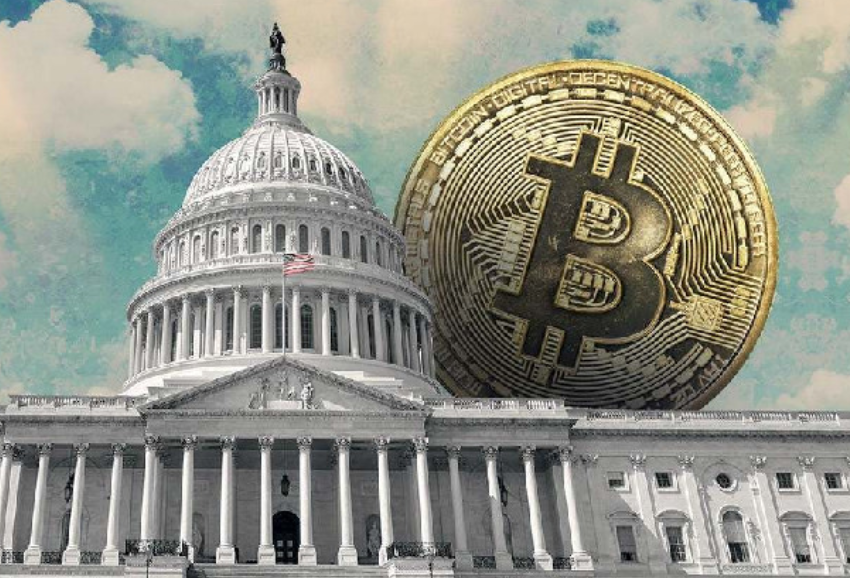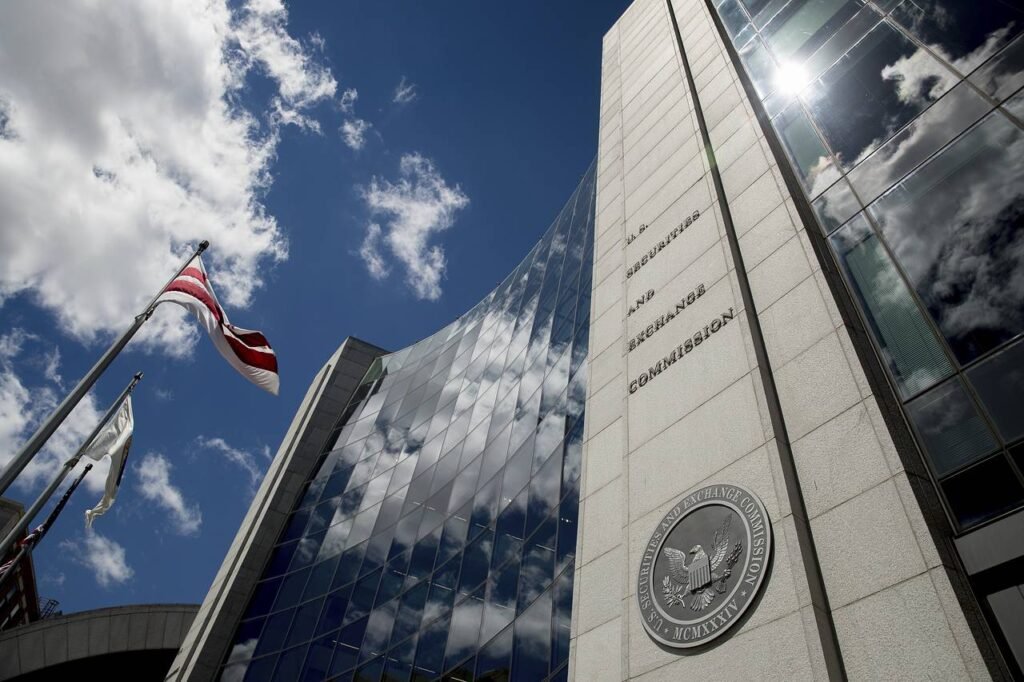In the aftermath of the 2024 elections, the cryptocurrency sector has emerged as a significant force in American politics, wielding unprecedented influence that raises concerns about its impact on consumers and the broader financial system. From modest beginnings a decade ago, the cryptocurrency market has expanded to a valuation exceeding $3 trillion, gaining political allies in Congress and the White House, including President-elect Donald Trump.
Three major cryptocurrency-focused political action committees (PACs) invested over $250 million during this election cycle, targeting both competitive and non-competitive races to secure a favorable legislative landscape. The result is a Congress with over 270 pro-crypto lawmakers in the House of Representatives and a Senate where crypto-friendly voices hold a majority. This legislative shift positions the industry to influence regulatory decisions that could reshape its integration into mainstream finance.
The Regulatory Crossroads
The crypto sector’s political allies are poised to advocate for deregulation under the pretext of fostering innovation and market maturity. However, experts warn that this approach could erode consumer protections, reduce oversight, and potentially destabilize financial markets by integrating a highly volatile and under-regulated industry into traditional systems. Such risks are underscored by the industry’s troubled track record, including high-profile collapses of crypto exchanges in 2022 and subsequent losses of consumer funds.
Despite these challenges, the 2024 election results reflect the industry’s ability to leverage vast financial resources to shape political outcomes. Crypto firms strategically supported candidates across party lines, ensuring bipartisan backing for their legislative priorities. This investment has set the stage for regulatory debates likely to favor the industry.

A New Era of Political Influence
The pro-crypto legislative environment extends to the incoming administration. Trump’s transition team includes figures with deep ties to the industry, such as Elon Musk, Vice President-elect J.D. Vance, and Howard Lutnick, the nominee for Commerce Secretary. Their alignment with the industry suggests a favorable stance on crypto regulation, with potential changes to oversight agencies like the Securities and Exchange Commission (SEC) and the Commodity Futures Trading Commission (CFTC).
The industry’s significant financial contributions have also cemented its influence within Congress. For example, the Ohio Senate race, one of the most expensive in history, resulted in the defeat of Sherrod Brown, a vocal critic of crypto, who chaired the Senate Banking Committee. His replacement, Bernie Moreno, is a known advocate for cryptocurrencies and blockchain technology, reflecting the industry’s ability to reshape key oversight bodies.

Public Skepticism vs. Political Clout
While the crypto sector has gained political traction, public confidence in the industry remains low. Surveys reveal that a majority of Americans question the safety and reliability of crypto investments. Yet, through strategic campaign financing and indirect messaging, crypto advocates have successfully bypassed public skepticism to achieve legislative wins.
The “crypto triad” of PACs—Fairshake, Protect Progress, and Defend American Jobs—played a pivotal role in this strategy. These groups funneled millions into campaigns, often through generic messaging that obscured their crypto agenda. The strategy has proven effective in swaying lawmakers and securing favorable outcomes for the industry.
Challenges Ahead
The industry’s influence is expected to shape regulatory discussions in agencies like the SEC and CFTC. While the SEC, under its current chair Gary Gensler, has aggressively pursued enforcement actions against crypto firms, the industry is lobbying for a shift in oversight to the smaller, less-resourced CFTC. Such a move could significantly weaken regulatory scrutiny, benefiting the industry but increasing risks for consumers and investors.
The potential consequences of these policy shifts are far-reaching. If the crypto market experiences another significant downturn, the ripple effects could impact not just investors but also the stability of traditional financial systems. Consumer advocacy groups warn that the industry’s push for deregulation prioritizes profits for a few at the expense of broader financial security.

The ascent of the cryptocurrency industry exemplifies the unchecked growth of capitalism, where financial innovation often serves to entrench existing power structures rather than dismantle them. Despite being marketed as a tool for financial liberation and decentralization, cryptocurrencies largely operate within—and for the benefit of—the capitalist framework. They allow the wealthy elite to further consolidate their wealth, evade regulations, and exploit loopholes under the guise of innovation. This dynamic exacerbates inequality, offering speculative opportunities for the few while exposing ordinary consumers to heightened risks and instability.
The massive financial influence exerted by the crypto industry in shaping policy underscores its role as a mechanism to reinforce the privilege of the affluent. By pouring vast sums into political campaigns, it ensures that legislation and regulatory frameworks prioritize corporate profits over public welfare. Rather than democratizing finance, cryptocurrencies risk becoming another instrument of exclusion, deepening the divide between the rich and the working class. In this light, the rise of cryptocurrency represents not a break from the capitalist world order, but its natural evolution—one that further entrenches wealth in the hands of the few while leaving the many to bear the consequences of its volatility and lack of accountability.

